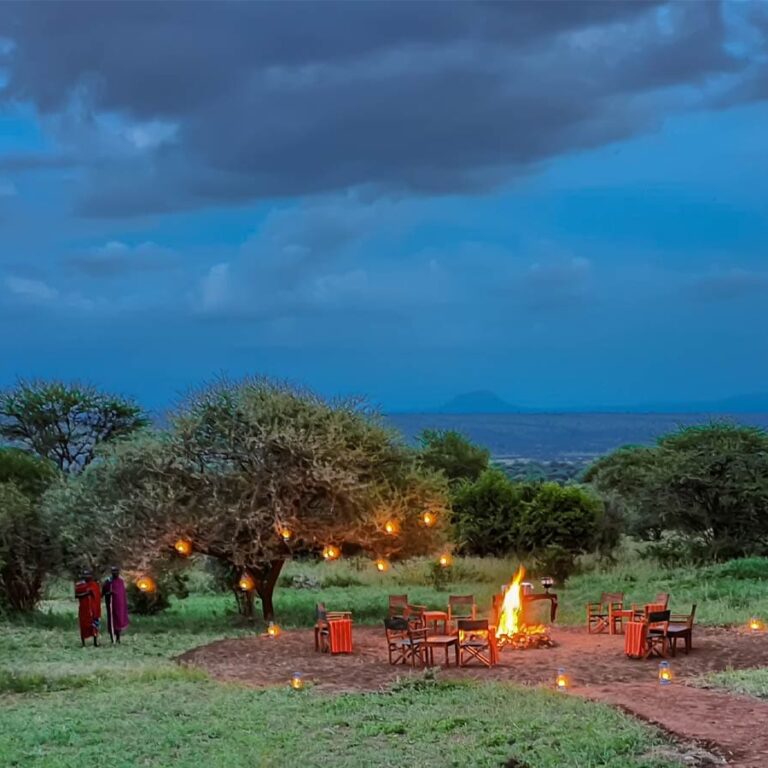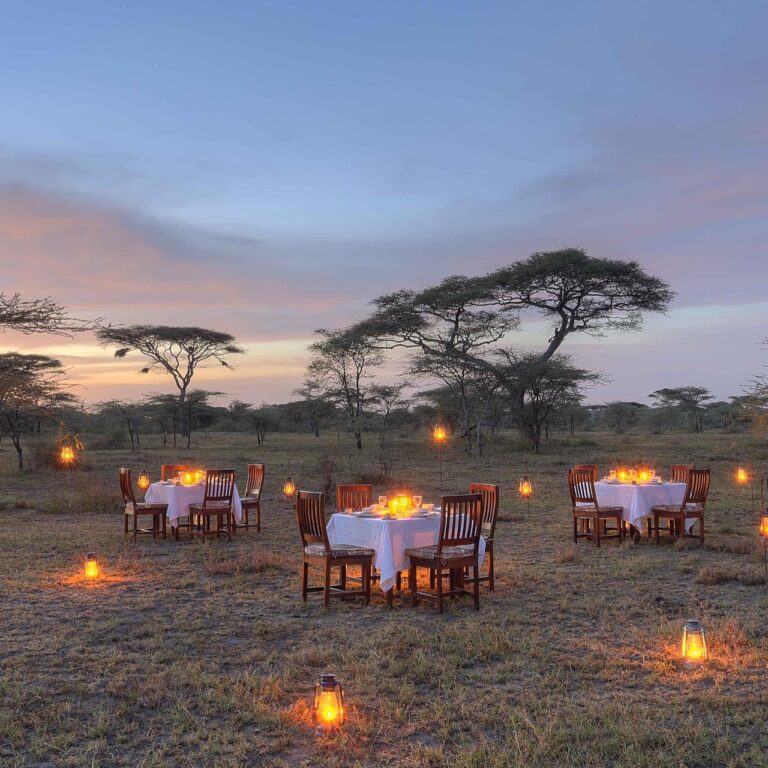Everything You Need to Know About Zanzibar Island.
Zanzibar, an archipelago off the coast of Tanzania, is more than just a beautiful beach destination. Steeped in history, culture, and spice-scented air, it’s a place that enchants travelers with its vibrant energy, diverse landscapes, and warm hospitality. Whether you’re seeking relaxation on pristine beaches, exploration of ancient ruins, or encounters with exotic wildlife, Zanzibar has something for everyone.
Zanzibar Overview:
Location: Indian Ocean, off the coast of Tanzania
Islands: Unguja (main island), Pemba, and several smaller islands
Capital: Zanzibar City (Stone Town)
Languages: Swahili, English
Currency: Tanzanian Shilling (TZS)
Population: Approximately 1.5 million
Safari Reviews – Zanzibar:
While Zanzibar isn’t known for traditional safaris like mainland Tanzania, it offers unique wildlife experiences nonetheless. Jozani Forest is a must-visit for its playful colobus monkeys, shy red duikers, and elusive Zanzibar leopards. Dhow boat tours provide glimpses of dolphins and humpback whales (during migration season). Snorkeling and diving trips unveil the underwater world teeming with colorful fish, coral reefs, and even resident sea turtles.
Wildlife & Animals – Zanzibar:
Marine life: Dolphins, humpback whales, sea turtles, colorful fish, coral reefs
Land animals: Colobus monkeys, red duikers, Zanzibar leopards, antelope, bushbabies
Birds: Over 200 species, including hornbills, eagles, weaverbirds, kingfishers
Birds – Zanzibar:
Birdwatchers rejoice! Zanzibar is a haven for over 200 species of birds, making it a paradise for ornithologists and casual bird enthusiasts alike. Keep an eye out for majestic hornbills, soaring eagles, colorful weaverbirds, and vibrant kingfishers.
Best Time to Visit – Zanzibar:
The ideal time to visit Zanzibar depends on your preferences:
Dry season (June-October): Sunny skies, minimal rain, perfect for beach activities, ideal for combining with a safari trip. However, expect peak tourist crowds and higher prices.
Shoulder seasons (April-May & November-December): Fewer crowds, lower prices, pleasant weather with occasional showers.
Wet season (March & January-February): Very low tourist numbers, best deals on accommodation, lush greenery. But be prepared for frequent rain showers and limited water activities.
Weather & Climate – Zanzibar:
Zanzibar has a tropical climate with warm temperatures year-round. The hottest months are February and March, while the coolest are July and August. The wet season brings rain showers from March to May and again from November to February.
Getting There – Zanzibar:
The easiest way to reach Zanzibar is by flying into Abeid Amani Karume International Airport (ZNZ) on Unguja island. Several airlines offer direct flights from major cities worldwide and connecting flights from other parts of Africa. Alternatively, you can take a ferry from Dar es Salaam on the mainland.
Malaria & Safety – Zanzibar:
Malaria is present in Zanzibar, so taking antimalarial medication is crucial. Use insect repellent and wear protective clothing, especially at dawn and dusk. Zanzibar is generally safe for tourists, but petty theft can occur. Be mindful of your belongings and take common-sense precautions.
Accommodations & Where to Stay:
Zanzibar offers a wide range of accommodation options, from luxurious beach resorts and boutique hotels to budget-friendly guesthouses and campsites. Stone Town is a popular choice for its historical charm, while the north and east coasts offer pristine beaches and relaxed vibes.
Events – Zanzibar:
Zanzibar comes alive with vibrant festivals and events throughout the year. The Zanzibar International Film Festival celebrates cinema, while the Sauti za Busara music festival showcases diverse musical talents. The Zanzibar International Marathon attracts runners from across the globe.
Zanzibar Island Map
Zanzibar Island, nestled off Tanzania’s coast, boasts a captivating blend of history and natural beauty. Its map reveals pristine beaches, historic Stone Town, and lush spice farms. Explore this Indian Ocean gem, where vibrant culture meets turquoise waters, creating an unforgettable island escape.
Zanzibar Island FAQs: Zanzibar Island Holidays
What is the best way to get around in Zanzibar?
There are several options for getting around Zanzibar, depending on your budget and preferences:
Taxis: Taxis are readily available in Stone Town and other tourist areas. They are relatively expensive compared to other options, but can be convenient for short trips.
Dala-dala: Dala-dala are minibuses that are the most common mode of transport for locals. They are very affordable but can be crowded and slow.
Bajaji: Bajaji are motorized rickshaws that are similar to tuk-tuks in Thailand. They are a bit more expensive than dala-dala but offer a more comfortable ride.
Car rental: Renting a car gives you the most flexibility and independence, but it’s important to be aware of the traffic rules and road conditions.
Scooter rental: Scooters are a popular option for exploring the island, especially for solo travelers or couples. Just make sure you wear a helmet and be aware of the potholes and uneven roads.
What should I pack for my trip to Zanzibar?
Zanzibar has a tropical climate, so pack light, breathable clothing made from natural fabrics like cotton or linen. You’ll also need swimwear, sunscreen, a hat, sunglasses, insect repellent, and antimalarial medication. Depending on the time of year you’re visiting, you may also want to pack a light sweater or jacket for the evenings.
Is it safe to travel to Zanzibar?
Zanzibar is generally a safe destination for tourists. However, like any other place, it’s important to be aware of your surroundings and take common-sense precautions. Petty theft can occur, so be mindful of your belongings and don’t carry large amounts of cash.
Do I need to take antimalarial medication?
Malaria is present in Zanzibar, so taking antimalarial medication is crucial. Talk to your doctor about the best type of medication for you. It’s also important to use insect repellent and wear protective clothing, especially at dawn and dusk.
What is the best time to visit Zanzibar?
The best time to visit Zanzibar depends on your preferences. The dry season (June-October) has sunny skies and minimal rain, making it ideal for beach activities. However, this is also the peak tourist season, so expect higher prices and larger crowds. The shoulder seasons (April-May and November-December) offer pleasant weather with fewer crowds and lower prices. The wet season (March and January-February) has the lowest tourist numbers and the best deals on accommodation, but be prepared for frequent rain showers and limited water activities.
What are some things to do in Zanzibar?
There are endless things to do in Zanzibar, from relaxing on pristine beaches to exploring historical Stone Town, diving in coral reefs, snorkeling with dolphins, visiting Jozani Forest to see colobus monkeys, and experiencing the local culture.
What is the food like in Zanzibar?
Zanzibar’s cuisine is a delicious blend of African, Indian, and Arabic influences. Seafood is a staple, and you’ll find plenty of fresh fish, lobster, and octopus dishes. Other popular dishes include pilau rice, chapati bread, and samosas. Don’t forget to try the local fruits, such as mangoes, bananas, and passion fruit.








